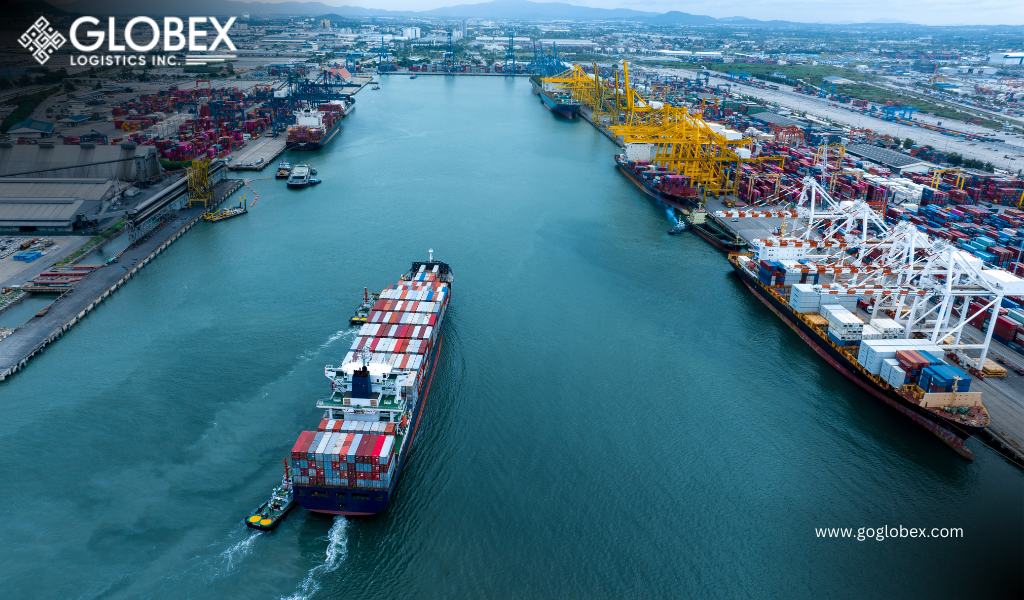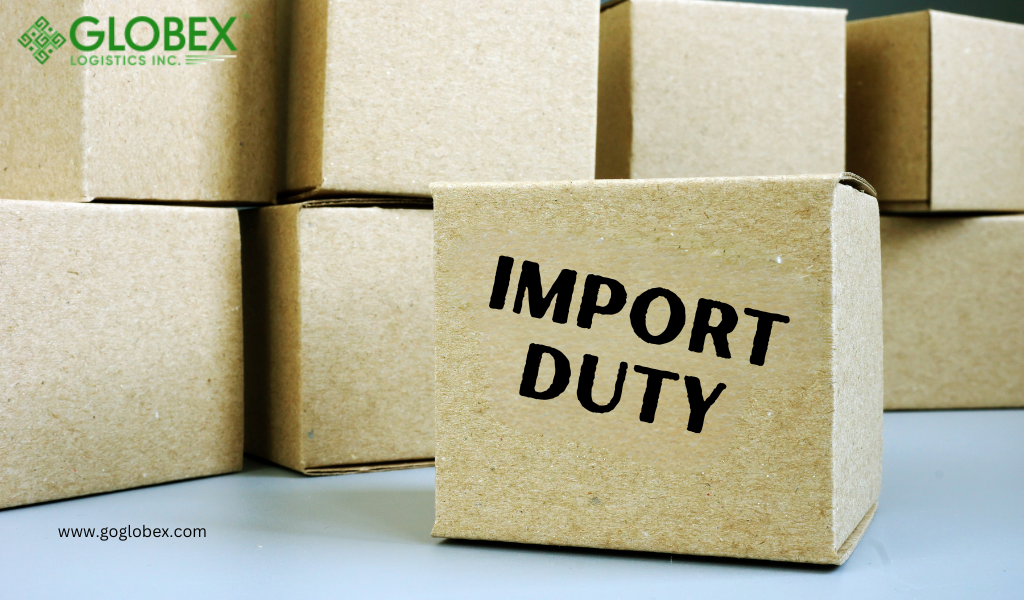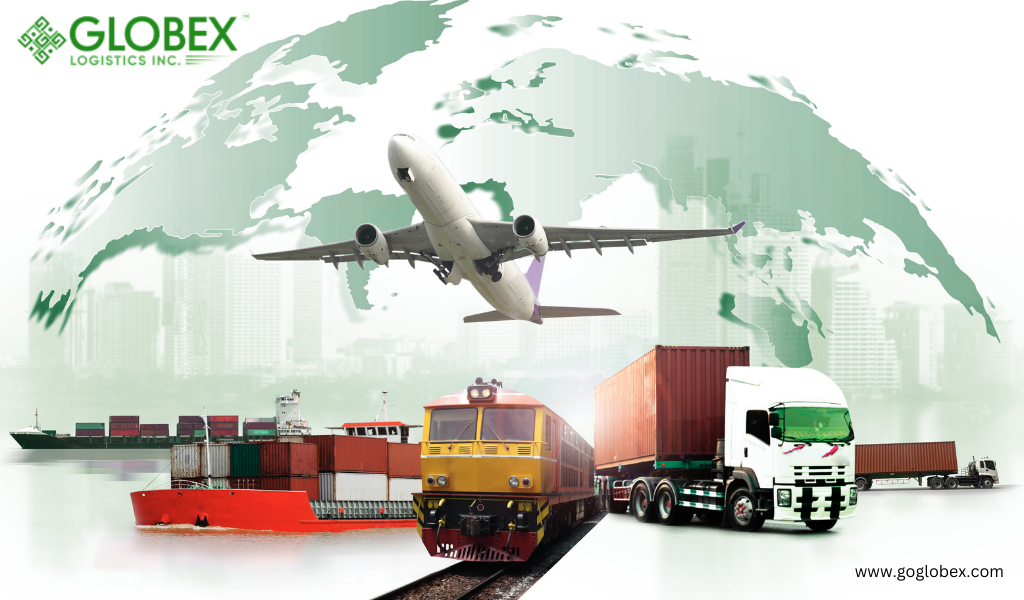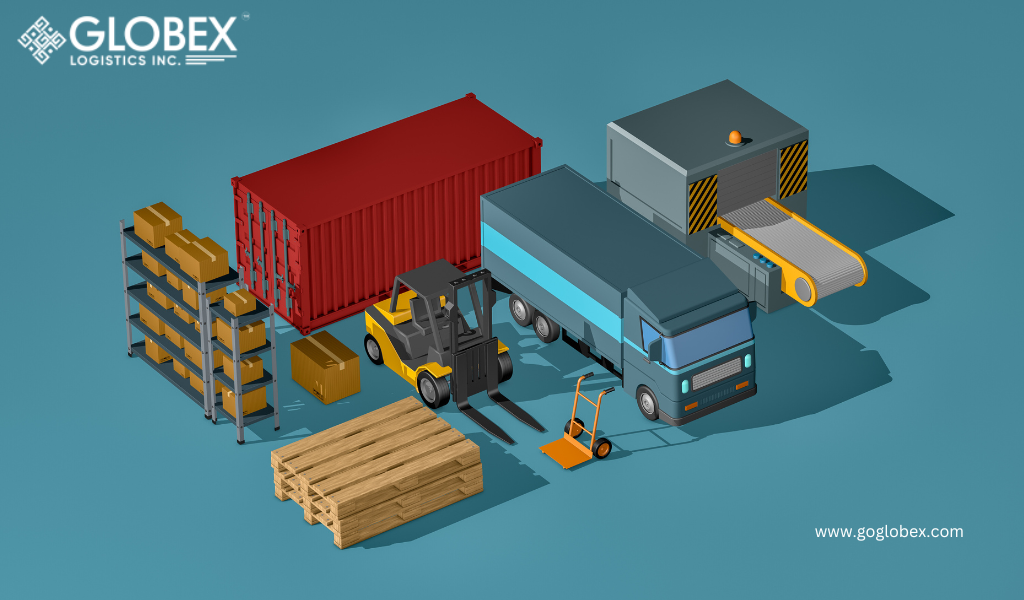
Unlocking the Power of Ocean Freight in Global Trade
Ocean freight shipping services play a vital role in the international economy. It helps to make easier movements of goods across the continents. With the help of ocean freight shipping, businesses can move their goods, like raw materials, finished products, and bulk shipments, to the global market. Ocean freight logistics become an essential component of supply chain management due to rapidly growing global trade.
In this blog, we will discuss ocean freight shipping services, advantages of ocean freight cargo, the role of ocean freight forwarders, key components of ocean freight logistics, and challenges in ocean freight logistics.
Knowing Ocean Freight Shipping Services—
Ocean freight services transport the goods via sea routes with the help of a cargo ship. Goods are carried into containers, bulk shipments, or break-bulk goods. This is the most commonly preferred method because of its cost-effectiveness, higher capacity to carry large volumes, and it is the first choice for long-distance shipments.
Types of ocean freight shipping:
Full container load (FCL)—The whole container is occupied by a single shipment.
Less than container load (LCL): under one container, there are multiple shipments that have different customers.
Roll on/Roll off (RoRo)—This method is used to transport heavy machinery and vehicles.
Bulk cargo shipping—This method is used to transport large quantities of goods such as grains, coal, and petroleum.
Advantages of Ocean Freight Cargo:
Cost-effectiveness
Ocean freight shipping is more affordable than air freight shipping, especially for large shipments. It reduces cost per unit.
Large capacity and scalability
Cargo ships have high capacity; they can transport large volumes of goods effortlessly.
Eco-friendly way of transportation
Ocean freight logistics emits lower carbon emissions per ton of cargo than air freight shipping.
Global Presence
Major trading hubs across the globe are interconnected with sea routes. Ocean freight forwarders help to transport goods efficiently from origin to destination across the globe.
Handle a wide range of cargo types—
Ocean freight logistics handle a wide range of cargo, such as perishable goods, hazardous material, oversized shipments, bulk shipments, heavy machinery, vehicles, etc.
Job of an Ocean Freight Forwarder—
An ocean freight forwarder is a mediator between the shipper and carrier; they manage the documentation and logistical part.
Responsibilities of an ocean freight forwarder:
- Booking—Booking space on the ship.
- Custom Compliance—Make arrangements for import and export documentation, take care of customs clearance, and other related compliance.
- Real-time tracking: The forwarder keeps the update of the shipment by tracking and providing real-time updates to the customer.
- Supply chain coordinator: manage inland transportation, arrange warehouse if needed.
Selection of the right ocean freight forwarder is most important to streamline the ocean freight logistics.
Essential Elements of Ocean Freight Logistics:
Ocean freight logistics have various stages and operations.
Documentation—Ocean freight forward handles the bill of lading, commercial invoice, packing list, certificate of origin, etc.
Ports and terminal operations—Ports are doorways for international business, and container terminals manage the loading and unloading of goods.
Regulatory compliance—Every country has their own specific custom regulation for import and export trades.
Challenges in Ocean Freight Shipping:
Congestion: Port and terminal congestion results in a delay of cargo delivery.
Climatic challenges: Weather changes influence the transit time, sailing schedule, and cargo safety.
Variation in Ocean Freight: Ocean freight rates fluctuate due to fuel costs, demand, and other geographical factors.
Practices for Improvement of Ocean Freight Shipping Services—
The below tactics will help to improve ocean freight logistics:
- Collaboration with a genuine ocean freight forwarder—A genuine, reliable freight forwarder streamlines the phone supply chain process.
- Methodical packaging and container utilization—Proper use of container space helps to reduce the shipping cost and damage of the cargo.
- Use of technology—use of real-time tracking systems will help to provide accurate updates of ocean freight cargo.
- Shipping schedule as per seasonal and market demand—shipping schedule preparation with the perspective of seasonal demand and market fluctuation will help businesses to manage costs and avoid possible delays.
Ocean freight shipping services will always be an important pillar of international trade. Ocean Freight Services are cost-effective, reliable, and most suitable for high-volume goods. As global trade increases, the role of ocean freight services will become more significant.
FAQs about Ocean Freight Services—
What is the key differentiating point between ocean freight shipping and air freight shipping?
Air freight shipping is a rapid method of transportation and comparatively more expensive, but ocean freight services are cost-effective and suitable for high-volume cargos.
Which type of goods can be shipped by using ocean freight services?
All types of goods can be shipped through ocean freight shipping, such as electronics, clothing, perishable goods, hazardous material, heavy machinery, bulky cargo, etc.
Which things do we need to consider while selecting the right ocean freight forwarder?
Always check for global network coverage, transparent pricing, industry experience, customer service, and positive customer reviews.
Recent posts
categories




